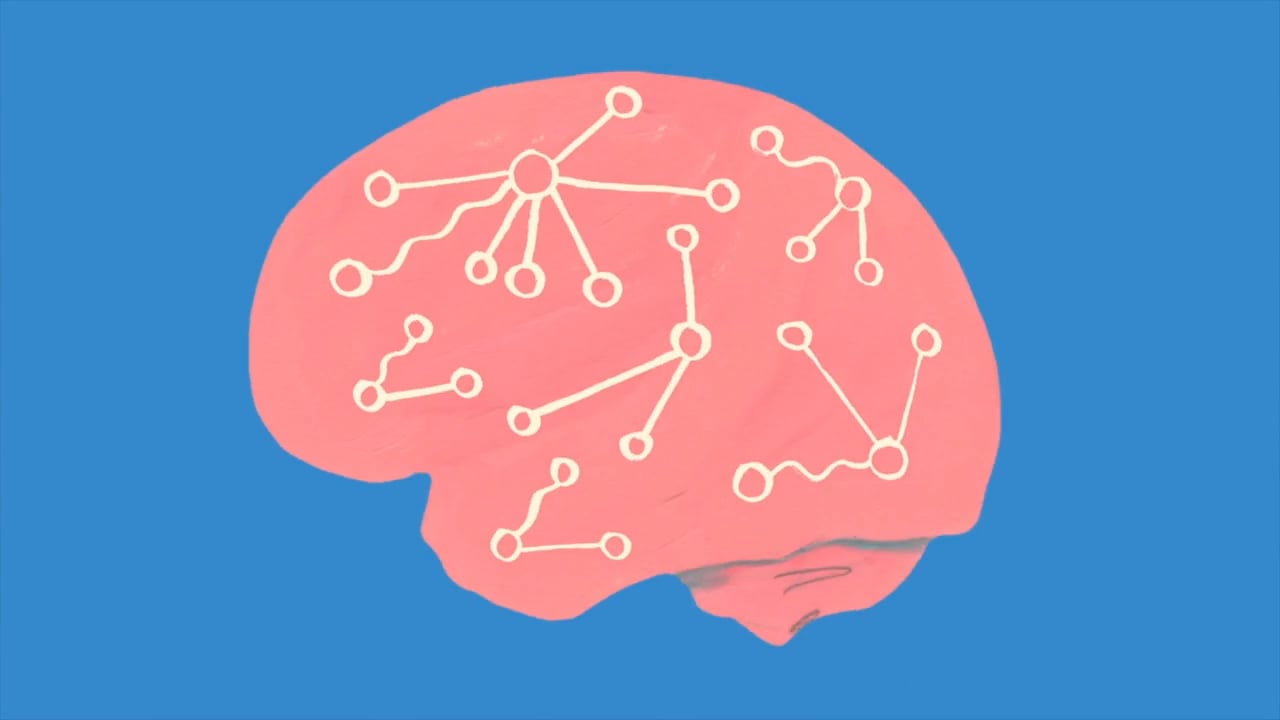
My book The Leadership Equation explained why trust is so important in building high-performing organizations. It explained how our brain chemistry is hard-wired to look for signals that we trust one another. When we experience trust, the brain releases oxytocin, which reinforces our desire to work effectively together. The book described specific ways that leaders and managers can build trust.
A recent article by Paul Zak in the Harvard Business Review, The Neuroscience of Trust, adds additional research to the field. He and his team showed that as trust increases, so does people’s productivity and their ability to innovate. Looking specifically at the behaviors of leaders and managers, Zak focuses on eight factors that contribute to building trust:
Using these eight factors, Zak and his team surveyed employees at several thousand companies. He found that people in high-trust companies reported 74% less stress than people in low-trust companies, 106% more energy at work, and 50% higher productivity. In addition, people in high-trust companies reported feeling 76% more engaged, 29% more satisfied with their lives, and 40% less burnout in their jobs.
Building trust in organizational settings is not easy. Most managers and leaders need coaching and training to do it well. Zak’s research offers a compelling argument for why companies should invest in ensuring their managers and leaders have the skills and competency to build high-trust organizations.
In a related piece of research, scientists from the University of Toronto found that rituals affect the amount of trust we feel. Even if the ritual is virtually meaningless, the act of participating in a ritual increases how much trust people feel for each other. The implications are interesting. Think about the rituals you’ve created in your organization. For example, some teams huddle every morning to begin the day. Some teams get coffee together. Employees of Wal-Mart shout out a company cheer.
Here’s a link to a podcast that describes this research: https://www.npr.org/2017/04/04/522554693/social-science-research-explores-psychological-effects-of-rituals
Developing trust is key competency of Leading Resources, Inc. Here’s how our expert consultants can help you: https://leading-resources.com/consulting/leadership/